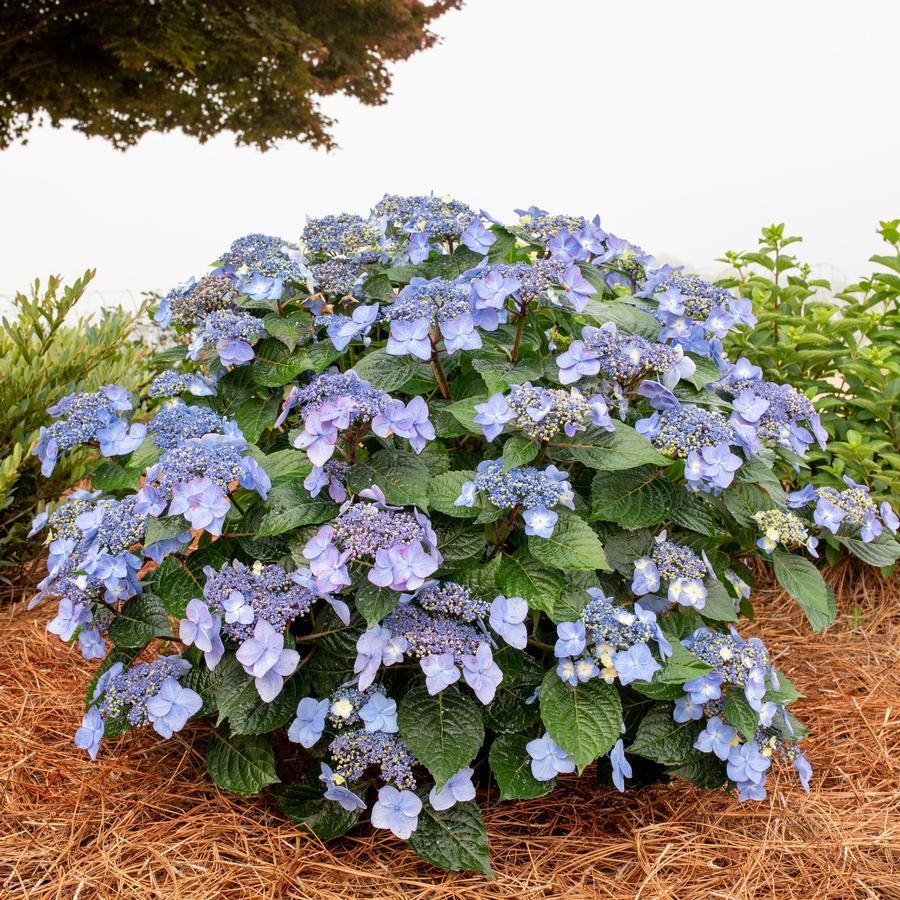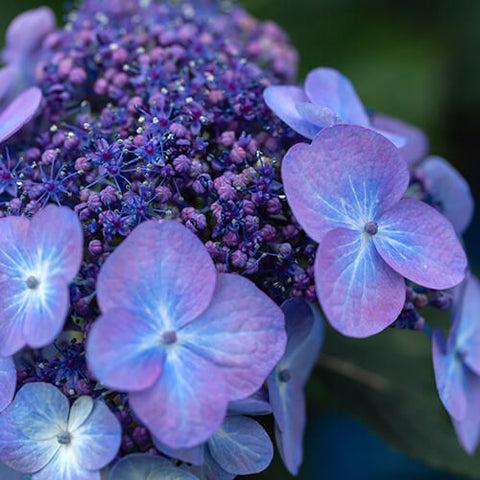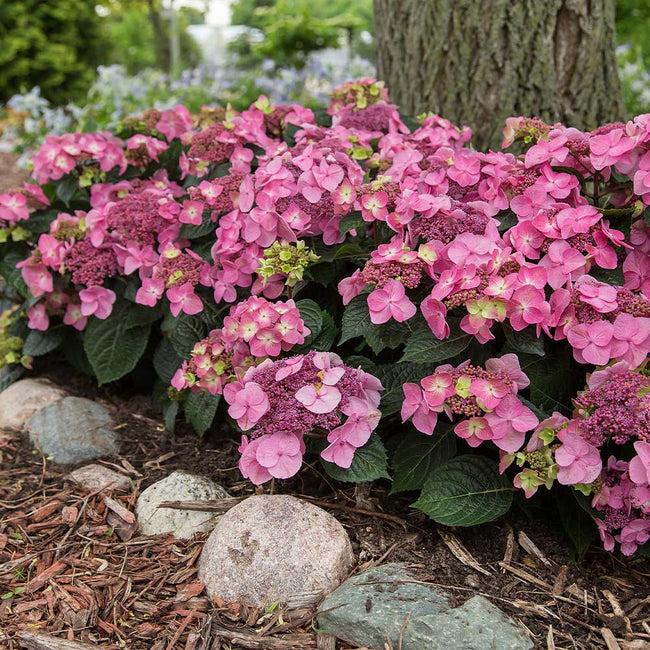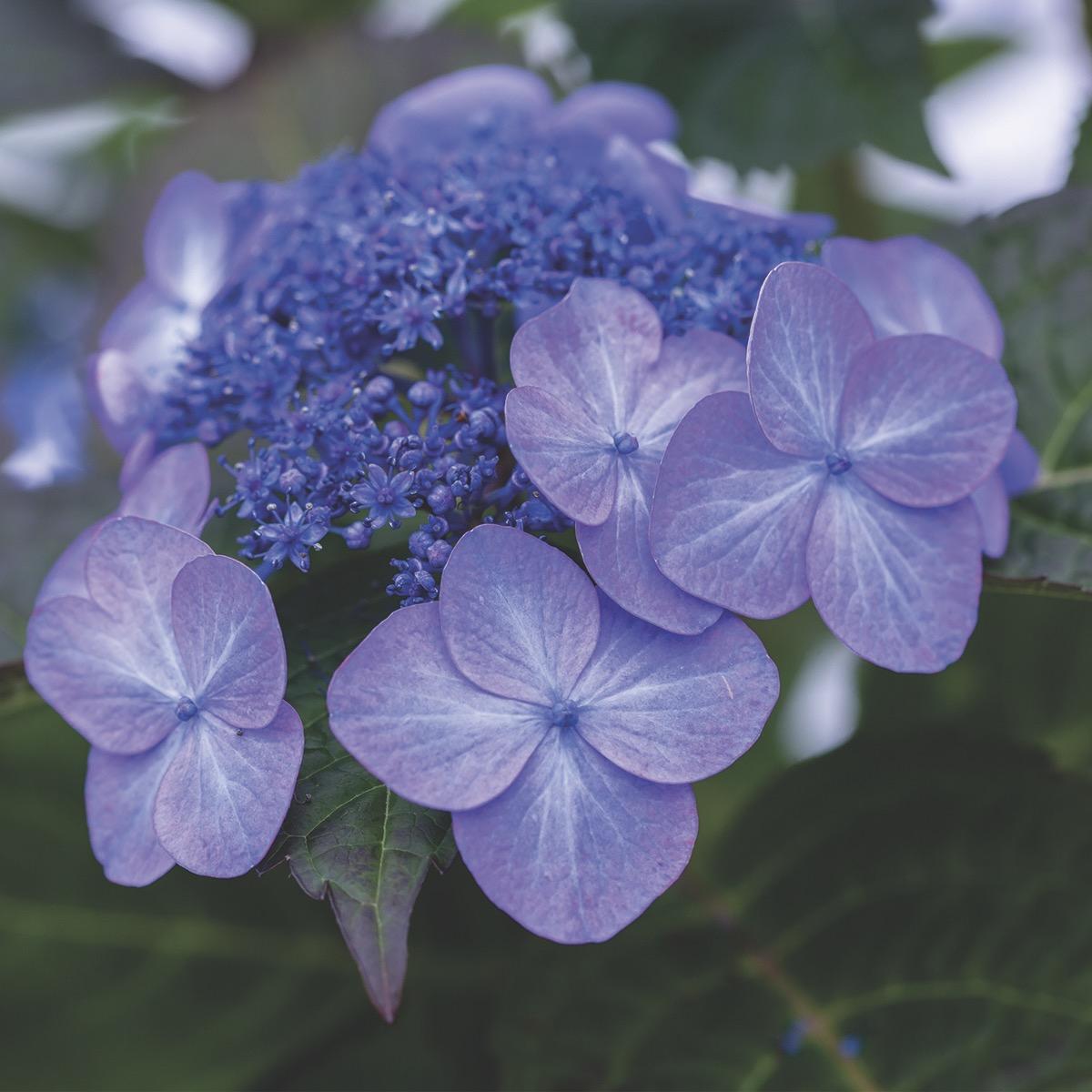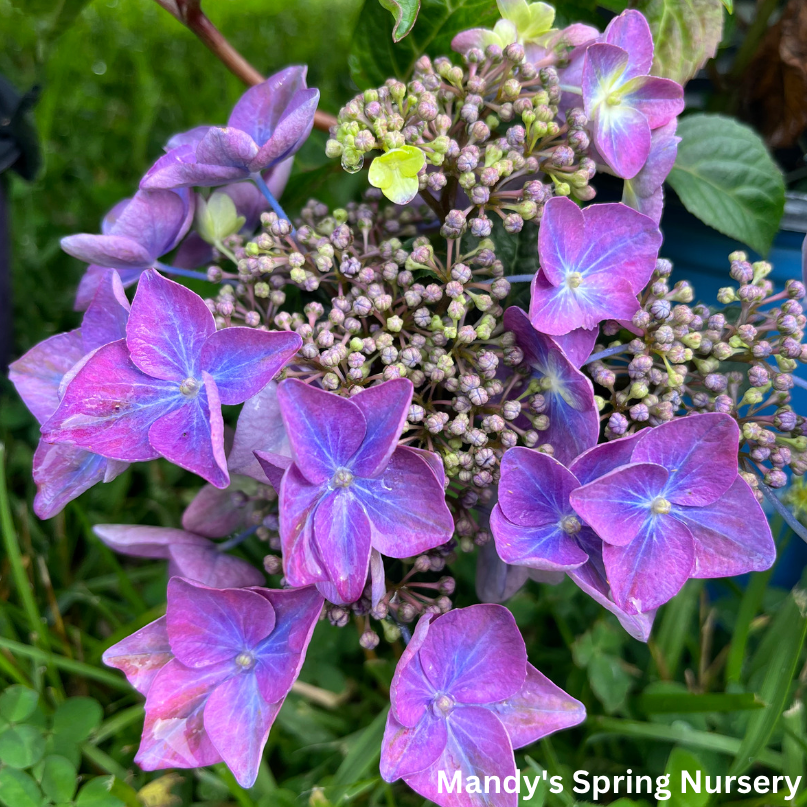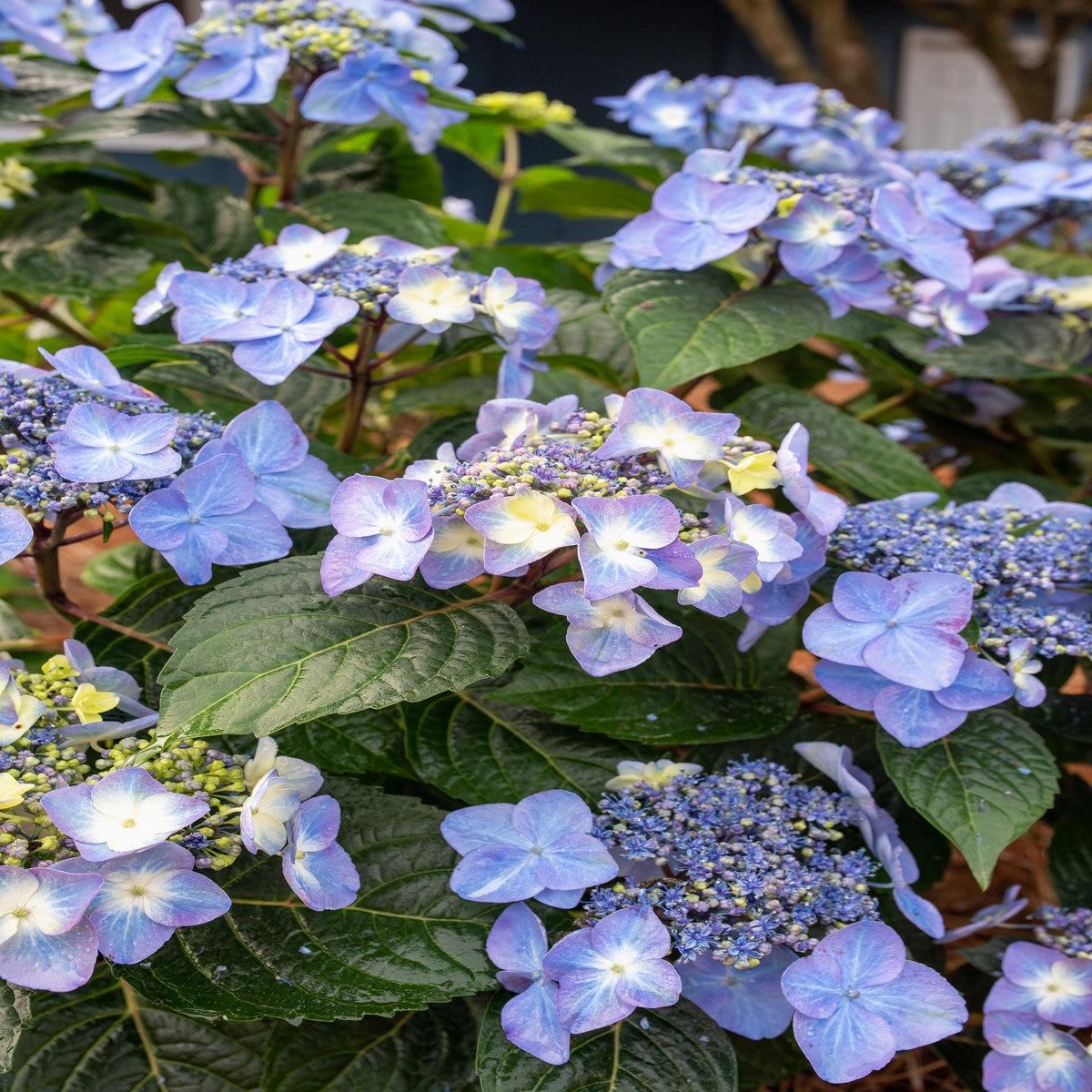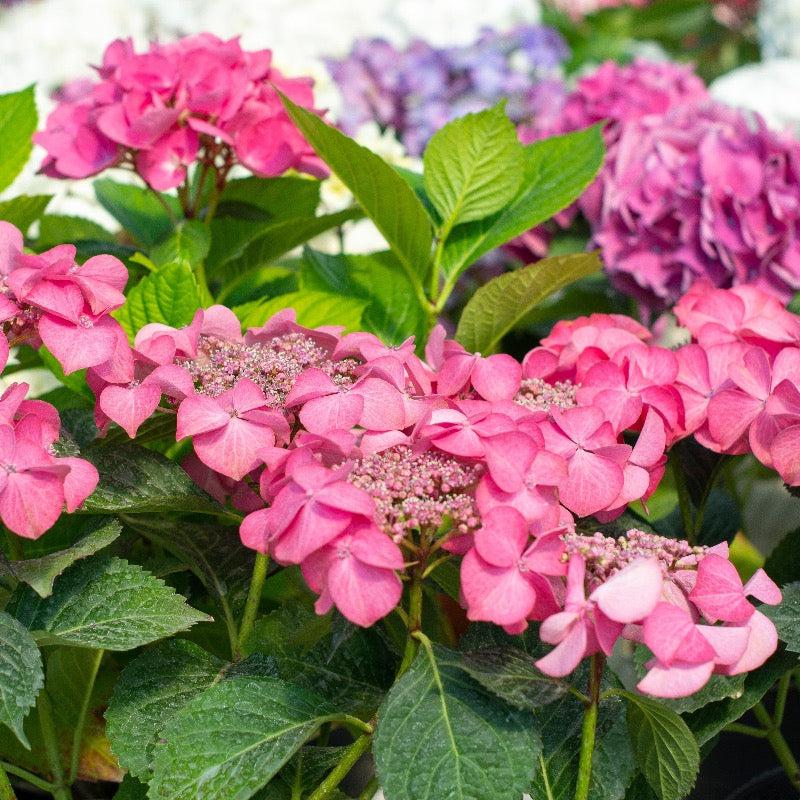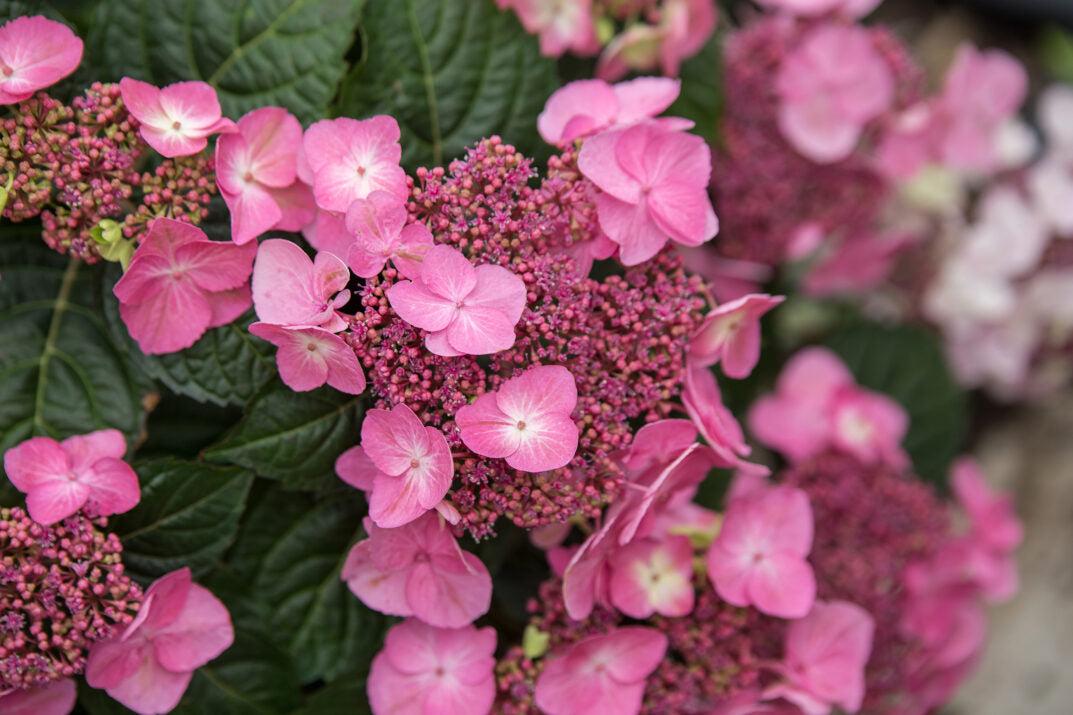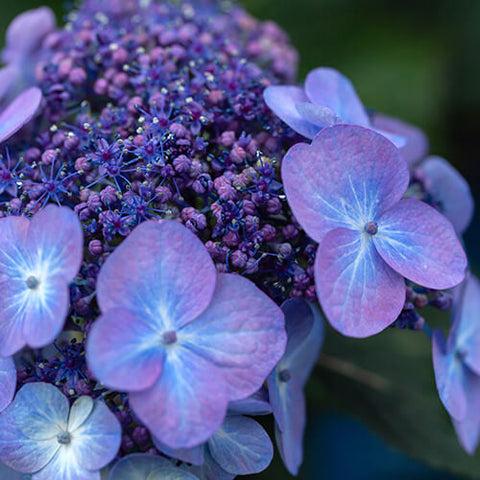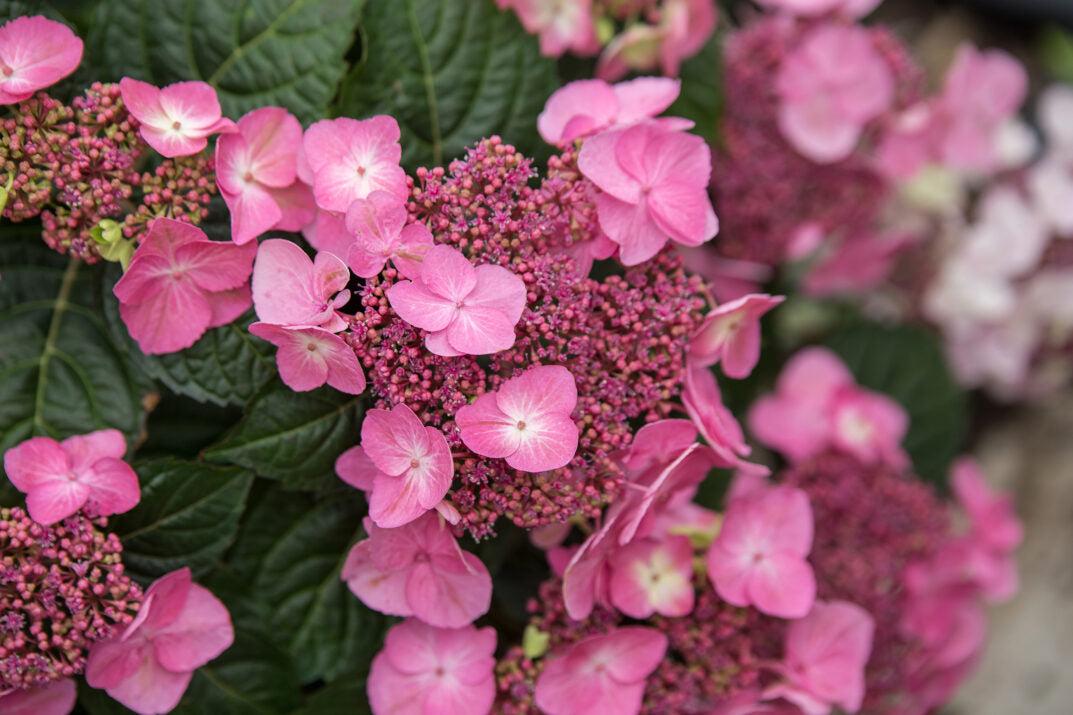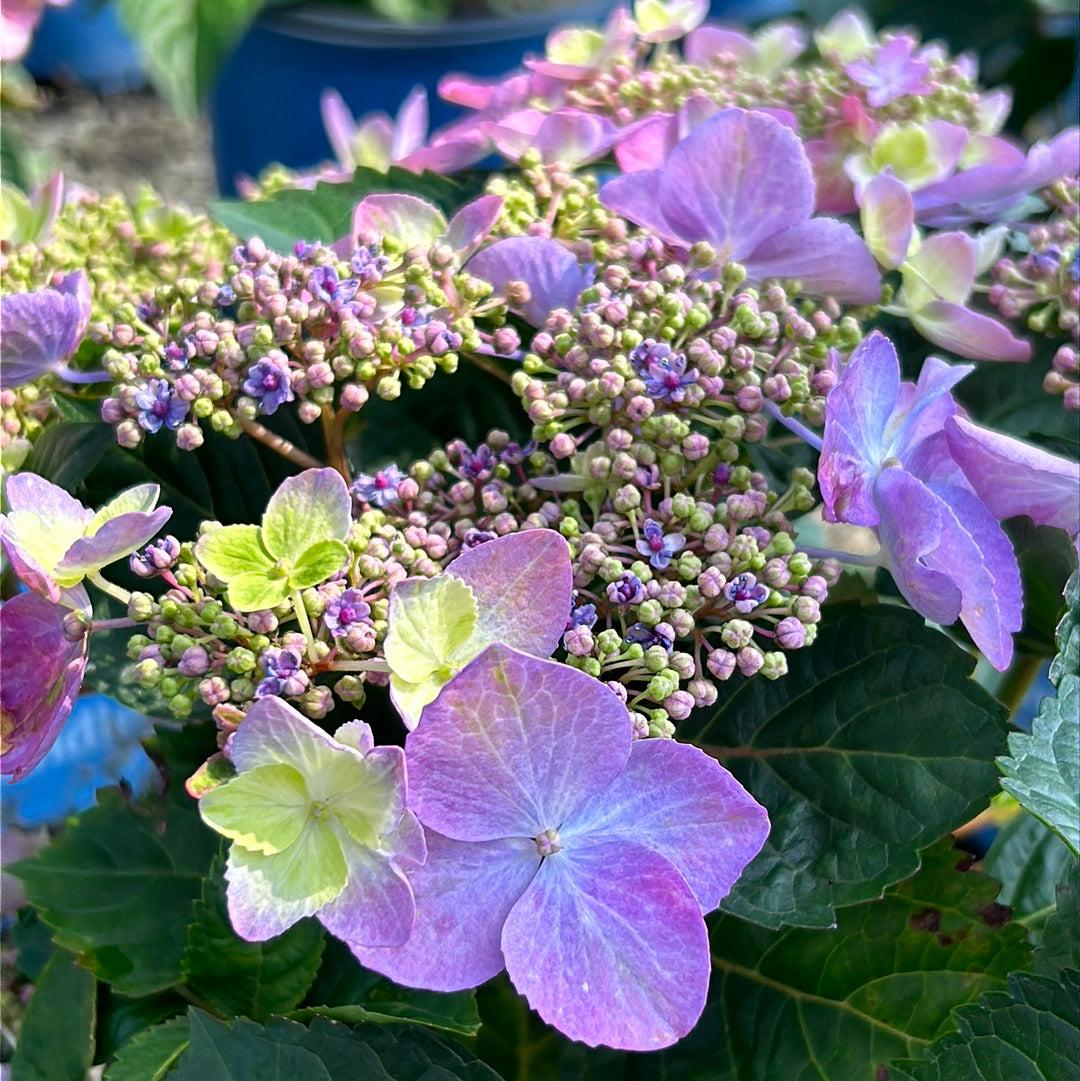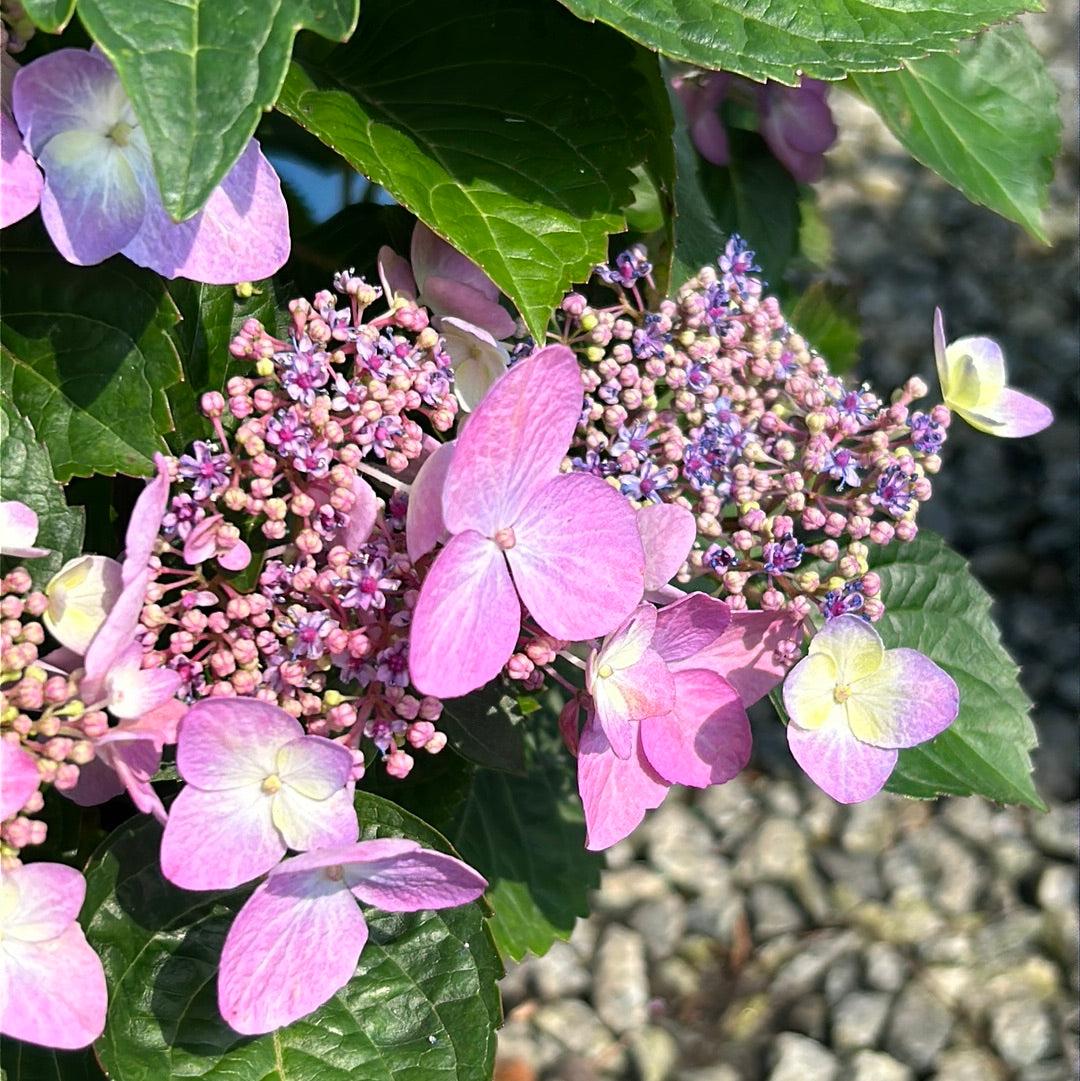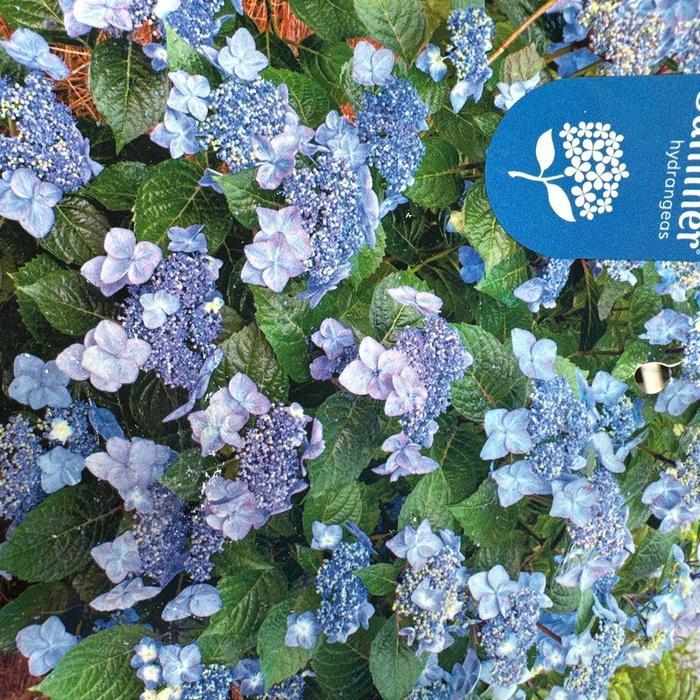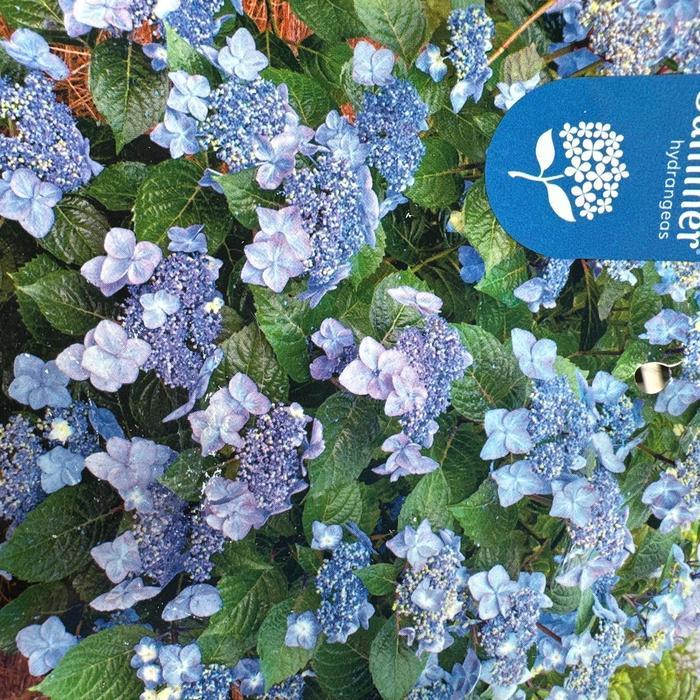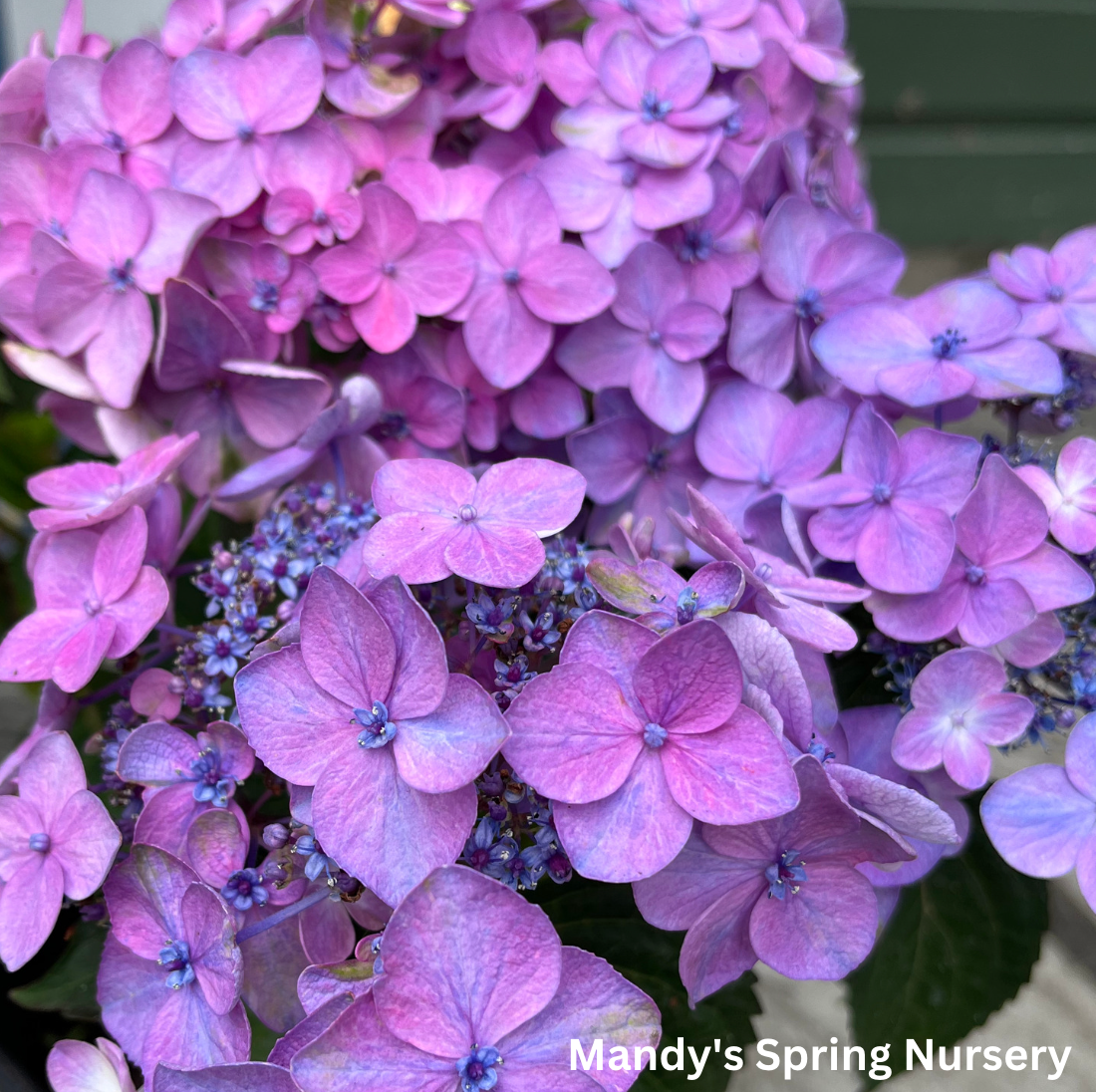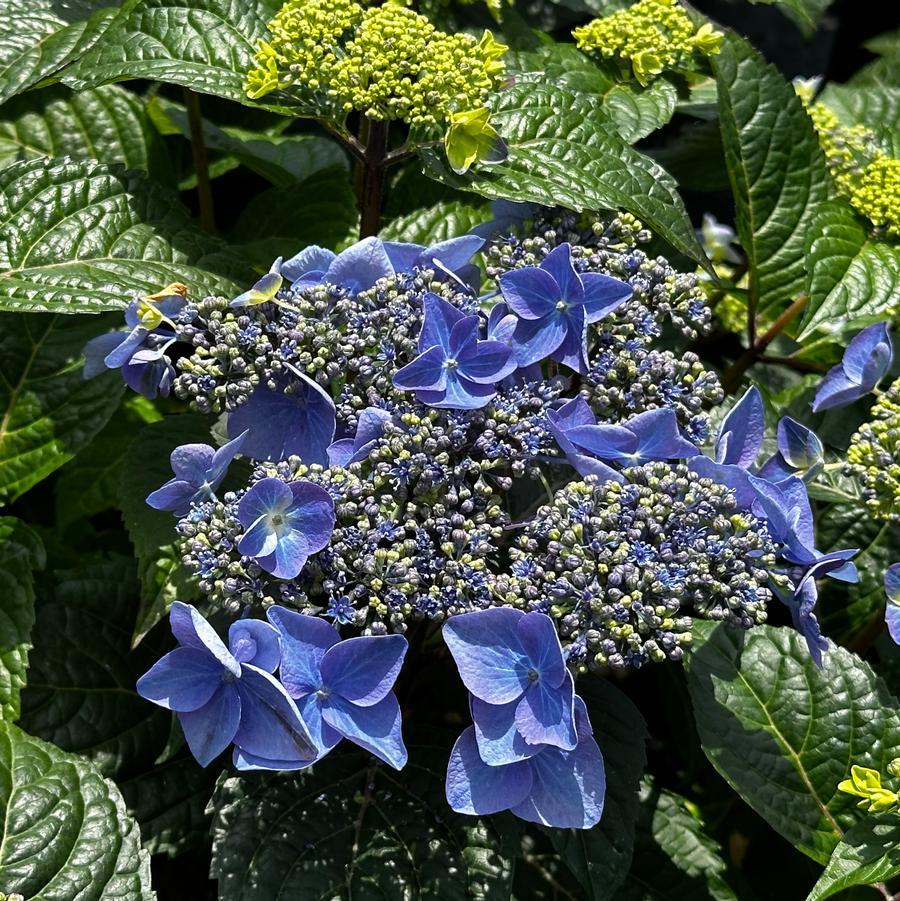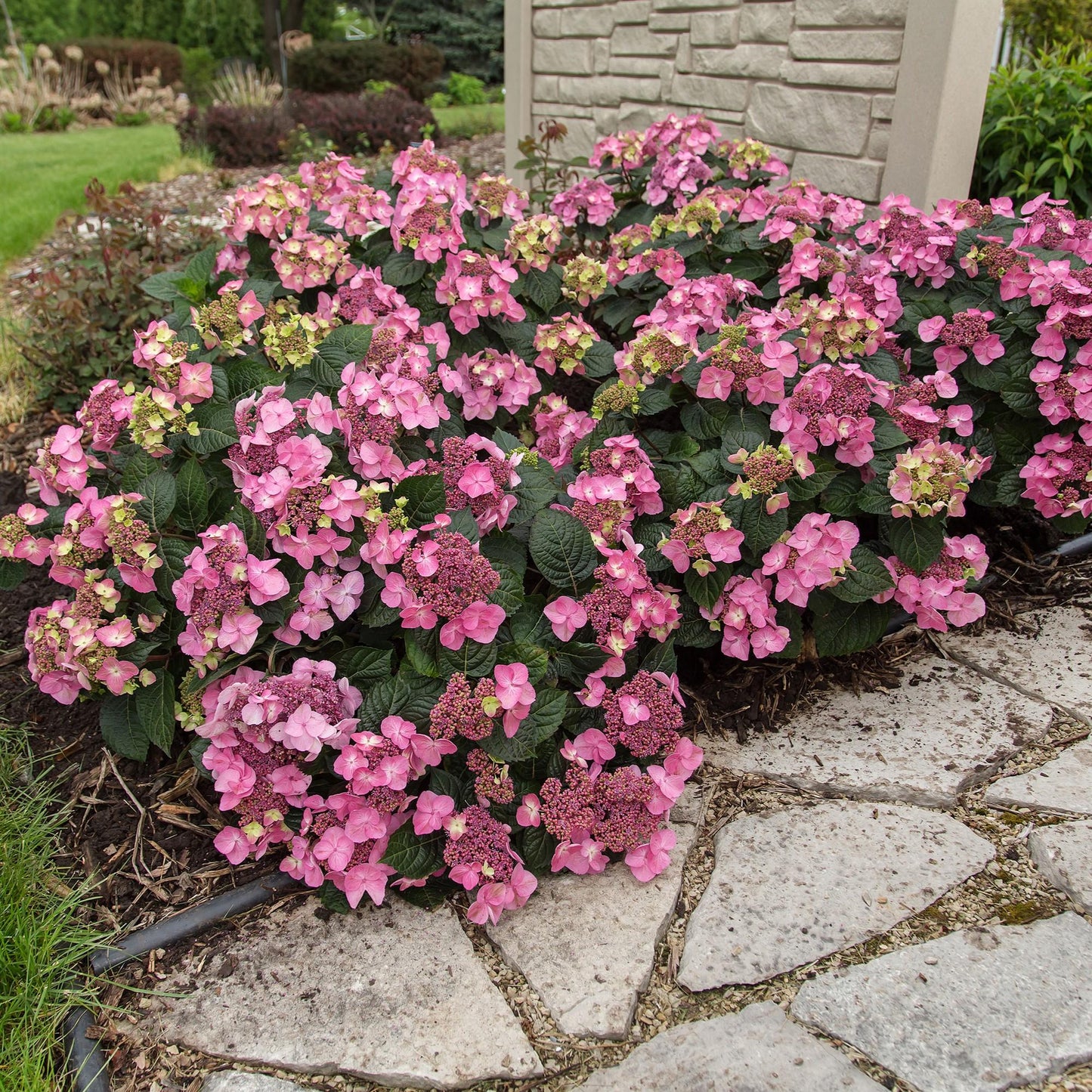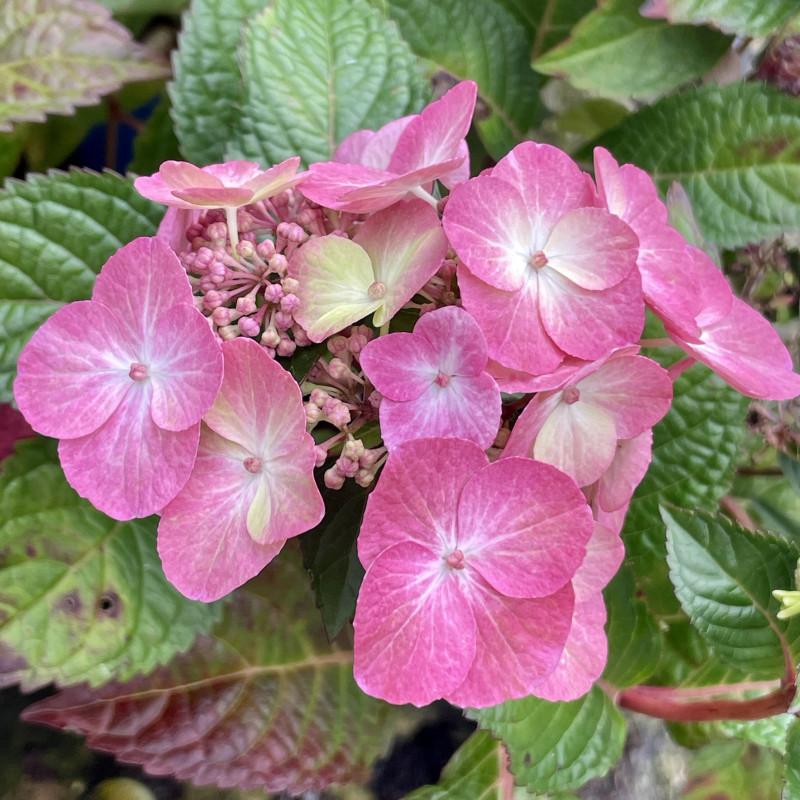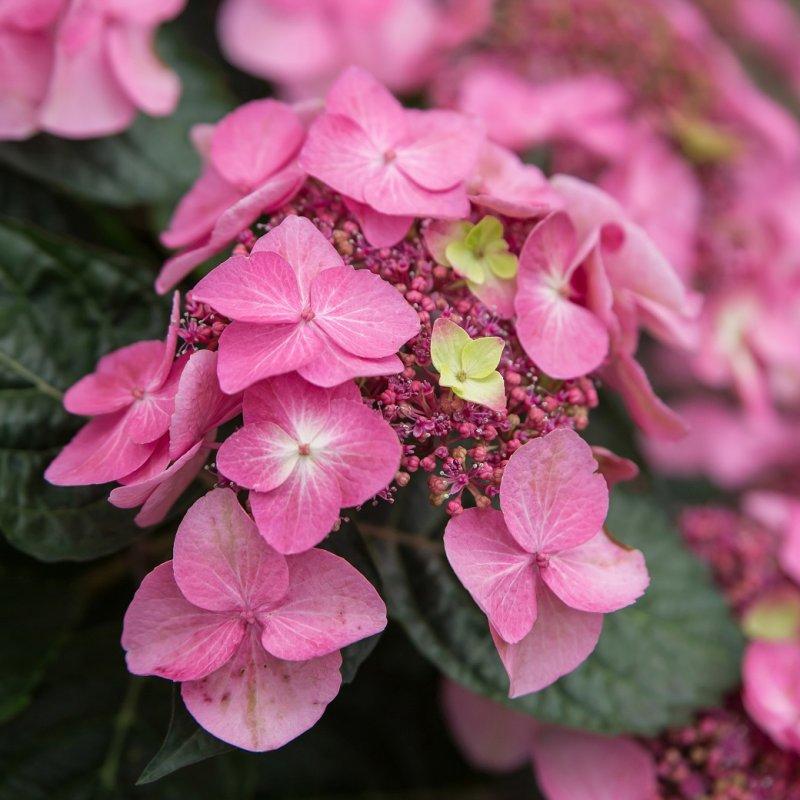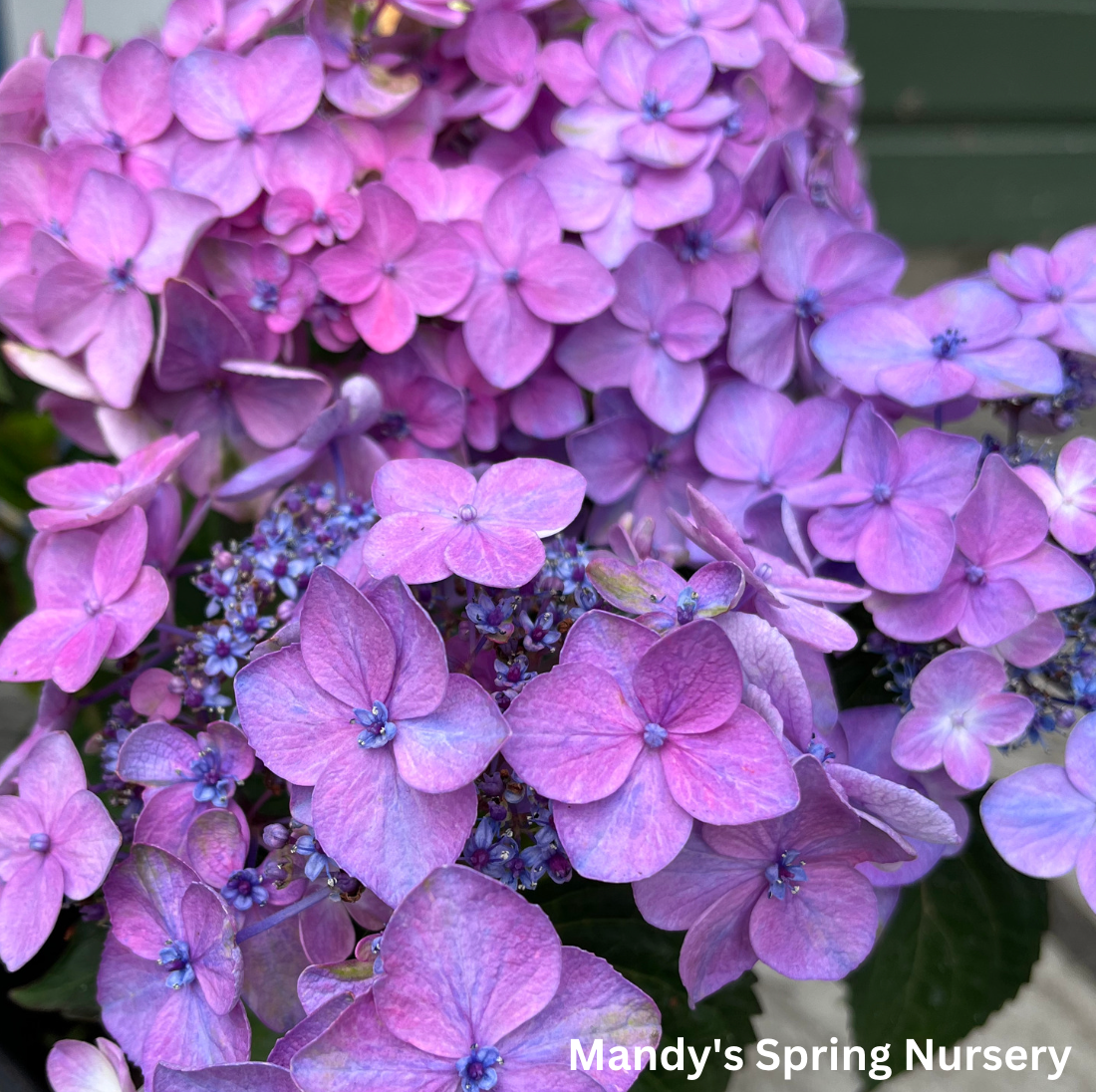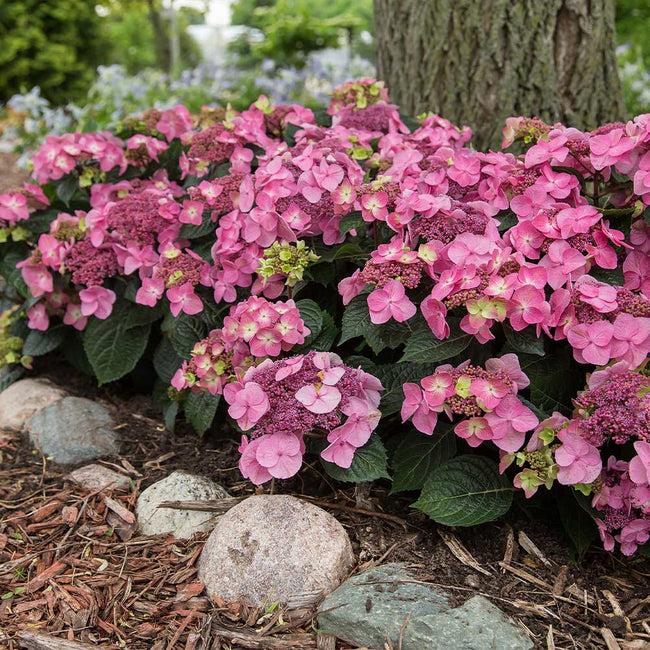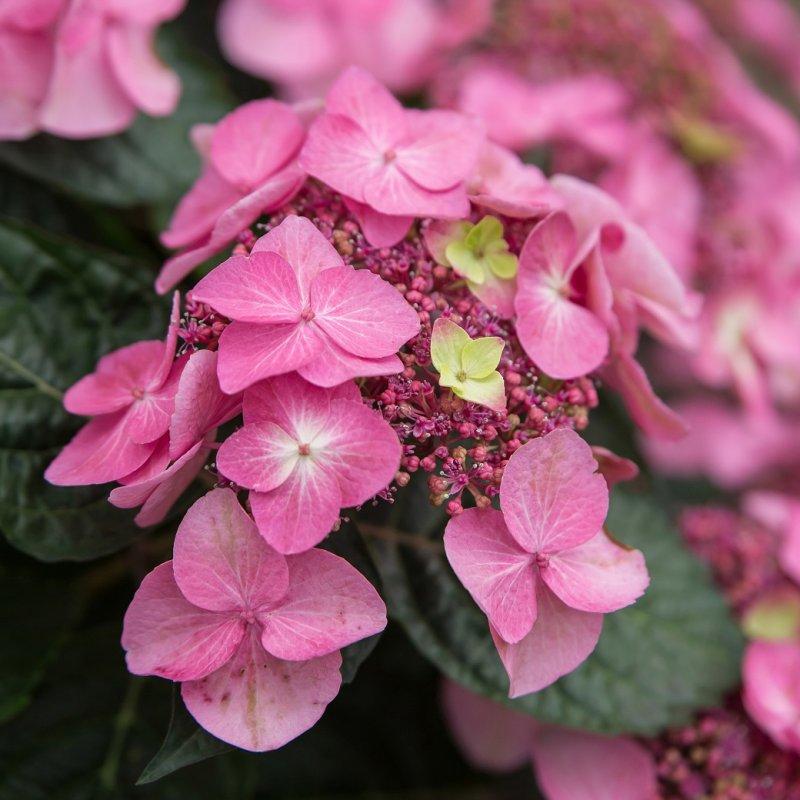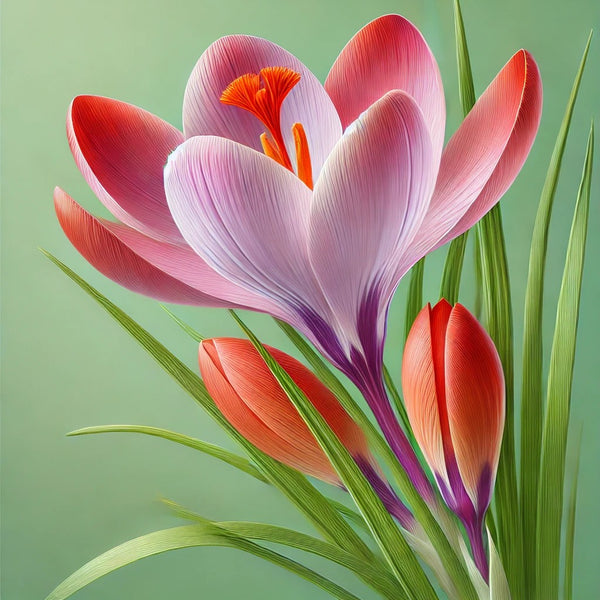1
/
of
22
Endless Summer Pop Star Hydrangea–Bigleaf Lacecap–Vibrant blooms for small gardens 3 Gallon
Endless Summer Pop Star Hydrangea–Bigleaf Lacecap–Vibrant blooms for small gardens 3 Gallon
Regular price
$180.00 USD
Regular price
$234.00 USD
Sale price
$180.00 USD
Unit price
/
per
Shipping calculated at checkout.
SKU:nsf9795-redcrocus
Couldn't load pickup availability
Hydrangea macrophylla 'Pop Star'
Description
The Hydrangea macrophylla 'Pop Star' is a stunning variety known for its vibrant lacecap blooms. This cultivar is part of the Endless Summer series, offering a long blooming period with flowers that can range from pink to blue, depending on soil pH. Its compact size makes it ideal for small gardens and container planting.
Suggested Uses
Perfect for borders, mass plantings, or as a focal point in a container garden. Its long blooming period and vibrant colors make it an excellent choice for adding interest to any landscape.
Plant Details
-
 Botanical Name: Hydrangea macrophylla 'Pop Star'
Botanical Name: Hydrangea macrophylla 'Pop Star' -
 Common Name: Endless Summer Pop Star' Bigleaf Lacecap Hydrangea
Common Name: Endless Summer Pop Star' Bigleaf Lacecap Hydrangea -
 Size & Growth: 2-3 feet tall and wide
Size & Growth: 2-3 feet tall and wide -
 Hardiness Zones: 5-9
Hardiness Zones: 5-9 -
 Foliage Type: Deciduous
Foliage Type: Deciduous -
 Bloom Time: Late spring to fall
Bloom Time: Late spring to fall -
 Growth Rate: Moderate
Growth Rate: Moderate -
 Light Requirements: Partial shade to full sun
Light Requirements: Partial shade to full sun -
 Attracts Pollinators: Yes
Attracts Pollinators: Yes -
 Indoor Friendly: No
Indoor Friendly: No -
 Container Friendly: Yes
Container Friendly: Yes -
 Deer Resistant: No
Deer Resistant: No -
 Pet Warning: Toxic if ingested
Pet Warning: Toxic if ingested -
 Fragrant: No
Fragrant: No -
 Cut Flower: Yes
Cut Flower: Yes -
 Grows Well With: Ferns, Hostas, and Astilbes
Grows Well With: Ferns, Hostas, and Astilbes
Care Tips
-
 Planting Instructions: Plant in spring or fall, ensuring the root ball is level with the soil surface.
Planting Instructions: Plant in spring or fall, ensuring the root ball is level with the soil surface. -
 Soil Moisture: Keep soil consistently moist, but not waterlogged.
Soil Moisture: Keep soil consistently moist, but not waterlogged. -
 Soil Type: Well-drained, rich in organic matter
Soil Type: Well-drained, rich in organic matter -
 Humidity: Prefers moderate humidity
Humidity: Prefers moderate humidity -
 Pruning Instructions: Prune after flowering to maintain shape and encourage new growth.
Pruning Instructions: Prune after flowering to maintain shape and encourage new growth. -
 Winter Care: Mulch in colder climates to protect roots.
Winter Care: Mulch in colder climates to protect roots. -
 Planting Depth: Plant at the same depth as it was in the pot.
Planting Depth: Plant at the same depth as it was in the pot. -
 Fertilization: Fertilize in spring with a balanced, slow-release fertilizer.
Fertilization: Fertilize in spring with a balanced, slow-release fertilizer. -
 Special Care: Adjust soil pH to change flower color; more acidic for blue, more alkaline for pink.
Special Care: Adjust soil pH to change flower color; more acidic for blue, more alkaline for pink.
Share
